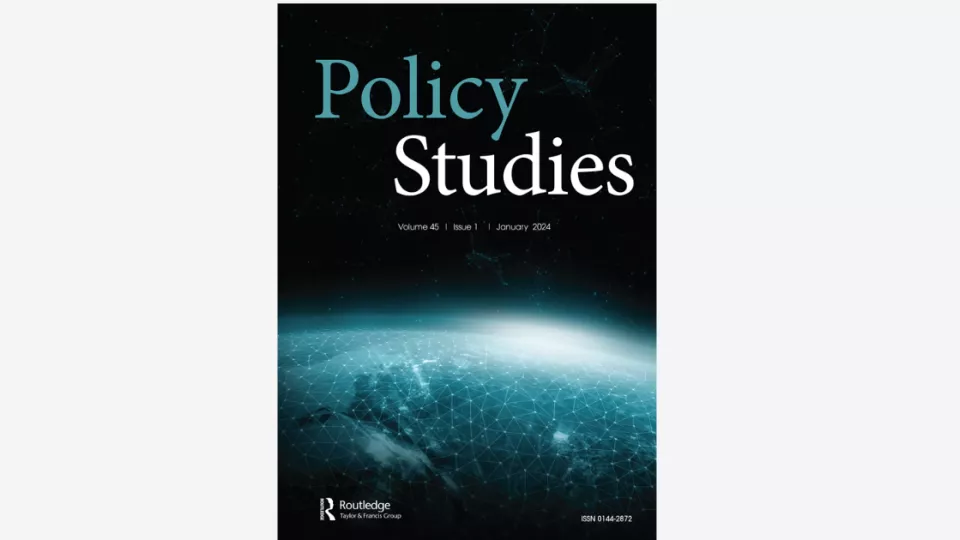Change in Japanese foreign and security policy has long been characterized as “incremental”. However, Japan’s response to Russia’s 2022 invasion of Ukraine provides an opportunity to reconsider this paradigm. In the aftermath of the 2014 annexation of Crimea, then-Prime Minister Abe Shinzō chose not to put Crimea on the agenda, prioritizing instead relations with Russia. However, Prime Minister Kishida Fumio responded to the 2022 invasion by increasing ties with NATO, promising to double Japan’s military spending, and acquiring capabilities that were once considered off-limits, including cruise missiles. This dramatic policy shift is analyzed using punctuated equilibrium theory (PET). This article finds that the 2022 invasion became a focusing event, shifting public and elite opinion in unison. Where Crimea was played down, Ukraine was clearly linked to Asia, to a possible invasion of Taiwan, and as a threat to the entire liberal international order under which Japan had prospered. Thus overall change in Japan’s policy has not been continuous, rather, focusing events, such as Iraq’s invasion of Kuwait, 9/11, and the 2012 “national security crisis” have precipitated fundamental change. In sum, the article concludes that PET provides a better understanding of policy change than incrementalism.
How Russia's invasion of Ukraine has changed Japan's security policy.

Paul O'Shea and Sebastian Maslow have published a new peer-reviewed article in Policy Studies, analysing Japan's dramatic policy shifts in the aftermath of Russia's invasion of Ukraine.

